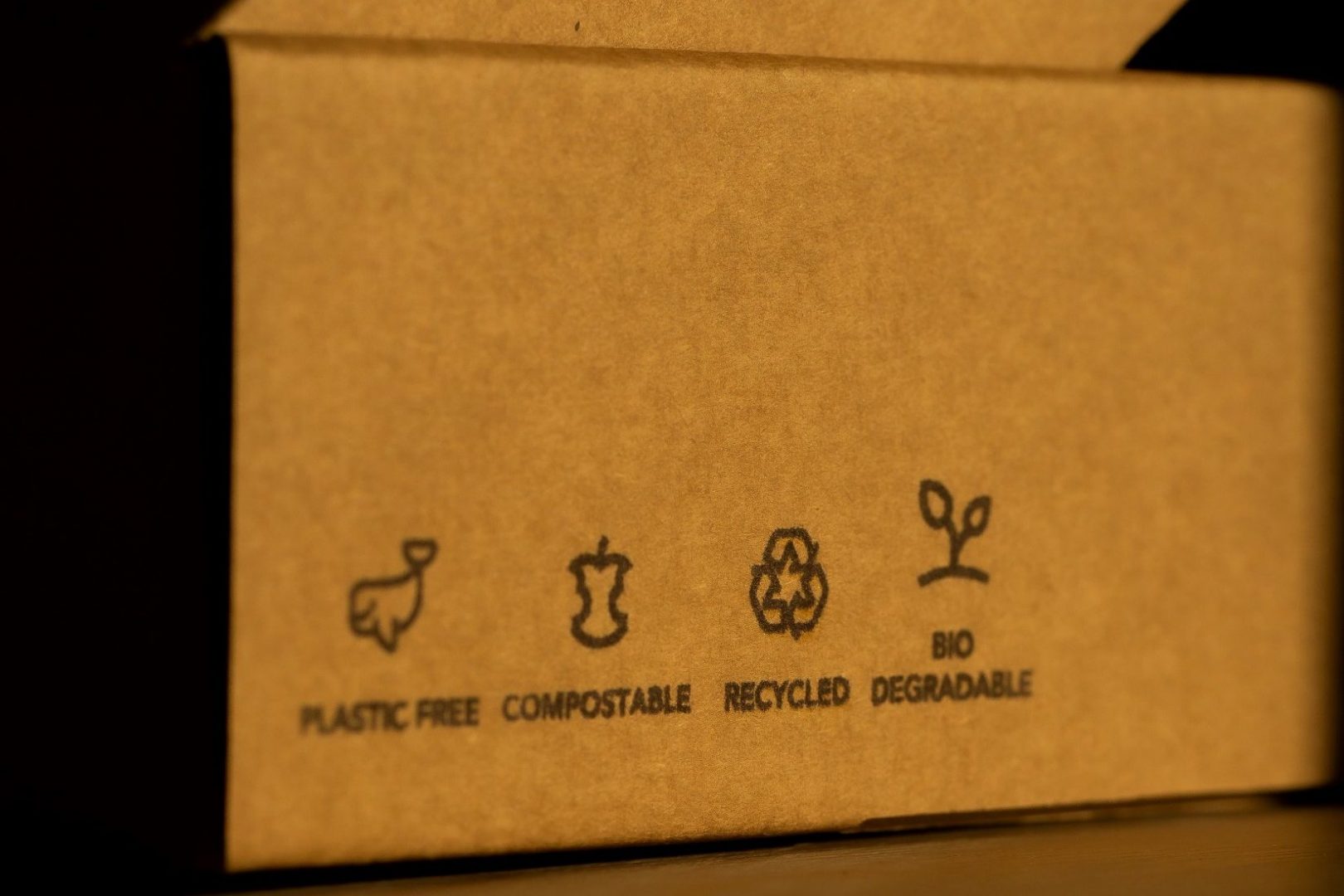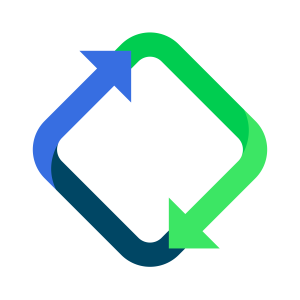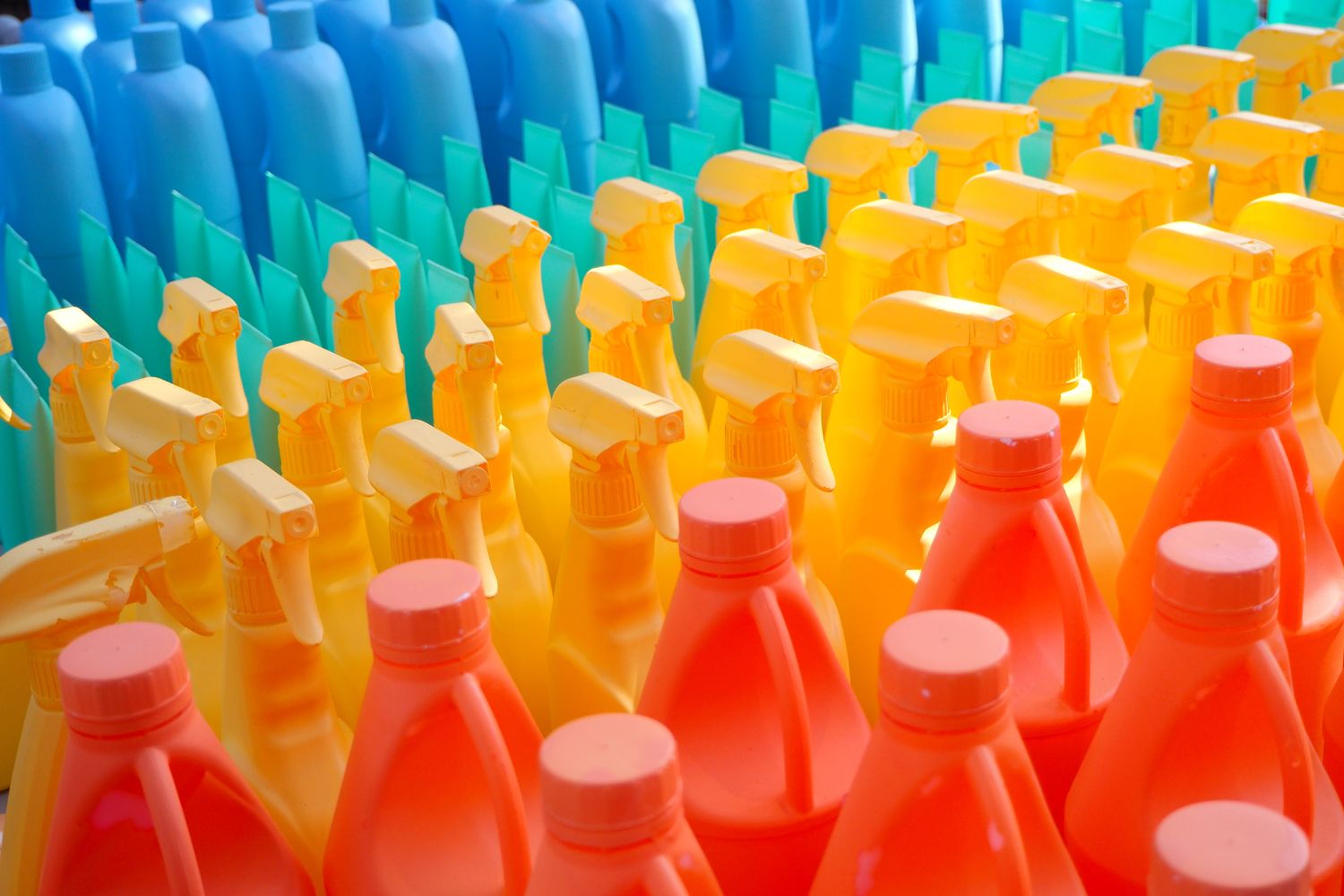New and Rapidly Evolving Product Marking Regulations Across the European Union
- 11. November 2021
- Blog
Product compliance extends beyond the product itself to the packaging materials used to protect and display the product. Especially in the European Union, there is a wide range of EU legislation on packaging marking, which varies in interpretation and constantly changes in member states. In the following text, we have summarized the latest developments in France, Italy, and Cyprus.
In France, the law against wastage and for a circular economy, released in February 2020, introduced significant changes in packaging marking:
- First, the law aimed to impose a penalty on the use of confusing marking methods. As a result, the decree declared the Green Dot a confusing label to be penalized from April 1, 2021. However, the French Supreme Administrative Court, the Conseil d’État, suspended the decree later in 2020. Therefore, the court omitted the text for the period needed (6 to 18 months) to verify its conformity with laws and treaties. In the meantime, the Green Dot cannot be considered as a confusing marking, and the penalties are not applicable. So far, the Conseil d’État has not made any decision. However, most schemes recommend that producers avoid displaying the Green Dot on packaging to minimize the risk that the decree will be declared valid after all.
- Then, the law extended the use of the Triman to all household packaging (excepted for glass) from January 1, 2021. The Triman was created in 2015 and, from January 1, 2017, was mandatory on packaging with a recycling channel. At that time, the meaning of Triman was to inform end-users that the packaging was recyclable. Since its extension, the Triman tells end-users that a product or packaging is subject to disposal rules.
- Finally, the law turned sorting instructions into a mandatory requirement for all household packaging, excepted glass, from January 1, 2022. Yet, on June 29, 2021, another decree softened the timeline by extending it to one year after the schemes received the official confirmation to communicate the documentation and signage to producers. It also plans an additional six-month transition period for products imported or manufactured before the end of the first extension.
In Italy, Decree 116/2020 introduced changes to the environmental legislation, including new rules to the labeling of packaging. The new obligations established that packaging must be labeled with:
- Information related to separate collection, reuse, recovery, and recycling, as well as correct consumer information on the final destination of the packaging
- The type of packaging materials used, as per Commission Decision 97/129/EC
Following industry requests for an 18-month transitional period, in May 2021, the Government decided to postpone the entry into force on the law, which gives obligated parties a transitional period until December 31, 2021, to implement the new labeling obligations.
Lastly, Cyprus has removed the obligation to print the Green Dot on household packaging. The trademark is now only an optional marking and subject to the contract with Green Dot Cyprus.
To understand and adapt to these constantly changing regulations to packaging marking, get in touch with us today!









